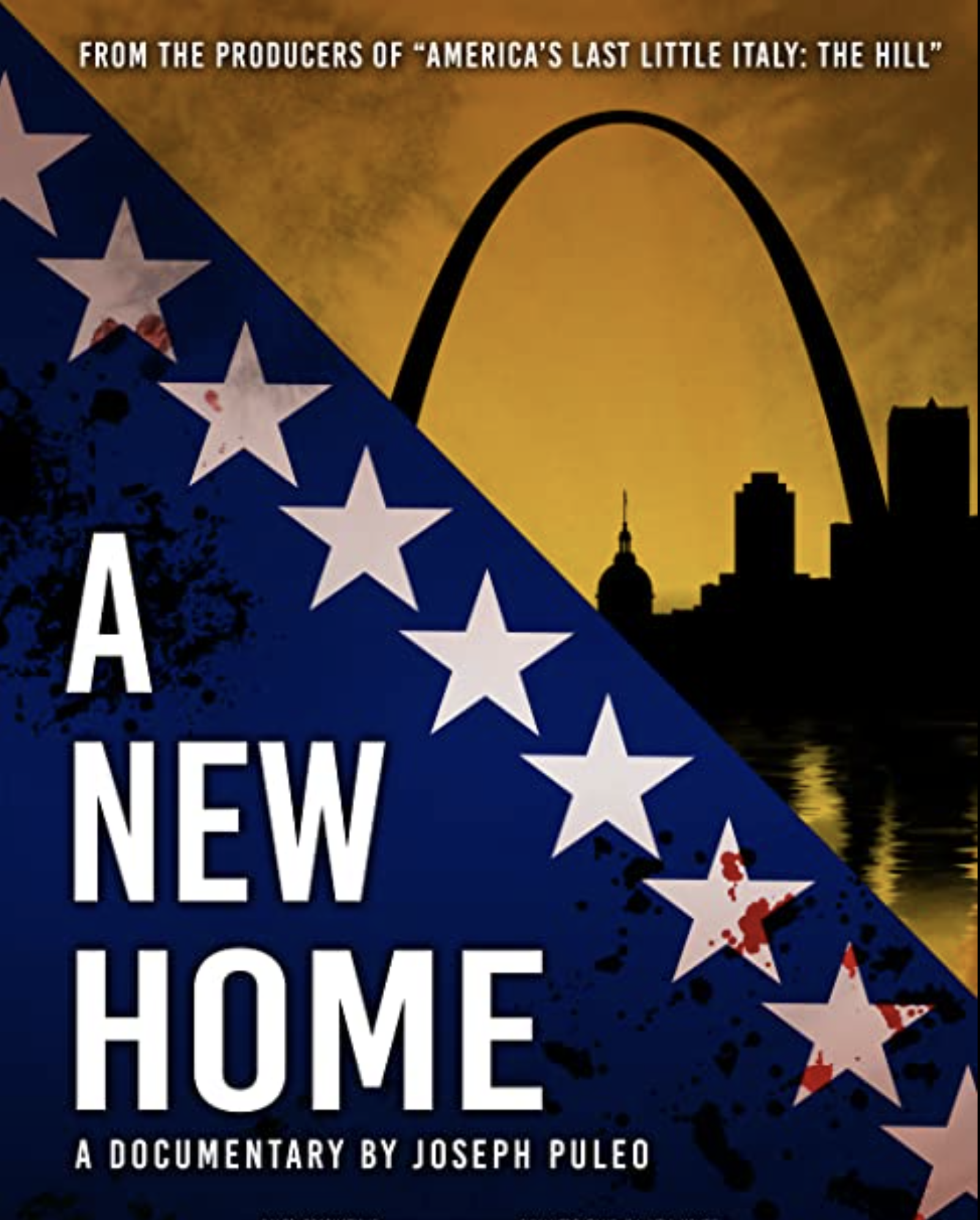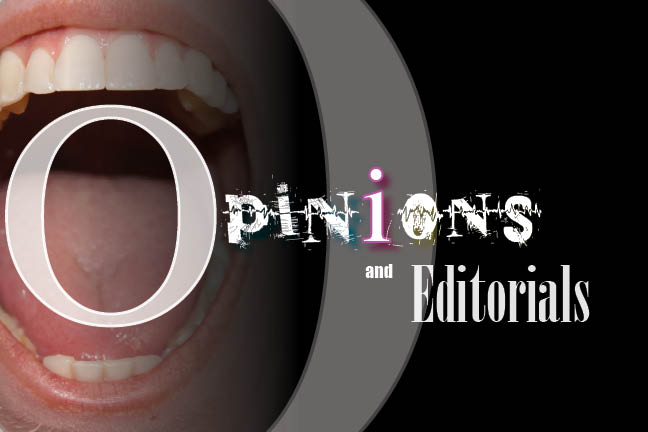Political commentary for students

Kurt Oberreither
-News Editor-
This Sept. 11, 2011 marks the tenth anniversary of the terrorist attacks on our home front and a day most college students will never forget. Like the fall of the Berlin Wall or the first moon landing for previous generations, most of us remember exactly where we were, what we were doing and how we received the news. However, unlike those other events, that day is one we’d have rather not endured.
The average age at STLCC is 28 and puts them in junior or senior year of high school. As a traditional student, I was in fourth grade.
I received the news from the principal at Our Lady of Counsel Catholic School during class. The message was vague like many other important issues such as sex ed. The announcement was probably along the lines of, “Something terrible happened in New York.” Don’t get me wrong, we were only nine or 10 and impressionable, but I don’t think the announcement would have sent the classroom into uproar; we probably wouldn’t have understood the magnitude of the situation anyhow.
For me, 9/11 seems to be the point from whence all “nationally aware” memories stem. It’s the only national news I can remember hearing – much less caring about. It was traumatic, but I could never imagine the pain felt by those closer to the disaster and the following war(s).
Shortly after hearing, I was picked up from school and plopped in front of the projection TV. Without cable there was nothing more worthwhile to watch, so I was consumed in the aftermath of the plane crashes until dinner rolled around.
All news reports seemed panicked, despite the speed at which the events crawled along as footage of the plane on impact was suspended in time over and over. Rubble, dust, and fire filled the screen intermittently throughout the day.
If we had the current forms of media ten 10 years ago our memories would have been much different: I could have whipped out my phone and had the whole story instantly. I could have read tweets from people at the face of destruction. And I could have watched impact videos on YouTube until I saw them on the back of my eyelids.
Furthermore, this past May when Osama bin Laden was killed, I heard reactions of resounding joy that night while wasting time on Facebook before I heard anything from a major news source. Monday’s front pages were littered with exclamation points and things like “We got the bastard” and the people agreed.
Most college students came of age in an era of war where the way we receive news is ever changing, and – until more recent catered media- each news sitting came with a side of “War on Terror.”










